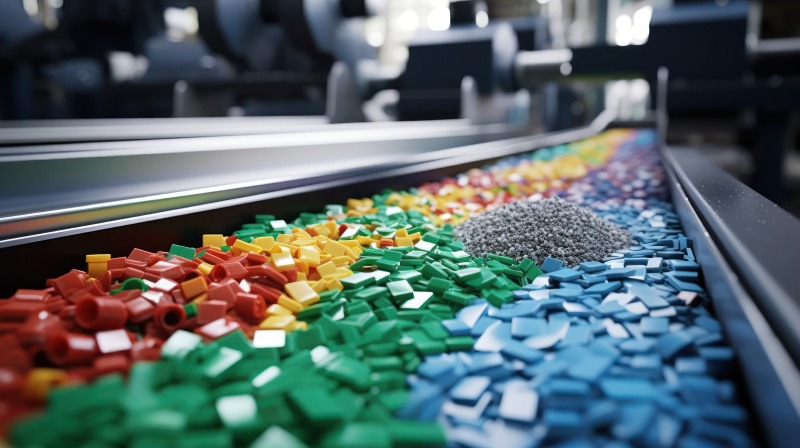Chemical recycling faces fifty-year wait to ‘successfully ramp up’
New report released by Zero Waste Europe questions chemical recycling's role in a circular economy, as the technology faces economic and environmental challenges.
 The promise of chemical recycling as a solution to the global plastic waste crisis faces significant challenges, with new findings from Zero Waste Europe suggesting it may take half a century for pyrolysis - the dominant technology in this field - to become commercially viable.
The promise of chemical recycling as a solution to the global plastic waste crisis faces significant challenges, with new findings from Zero Waste Europe suggesting it may take half a century for pyrolysis - the dominant technology in this field - to become commercially viable.
The industry overview raises fundamental concerns about the environmental and economic sustainability of these technologies, suggesting that waste prevention should be prioritised over recycling.
The process claims to be useful for difficult-to-recycle plastic waste, as it changes the chemical structure of waste and turns it back into substances that can be used as raw materials.
Apprehensions have grown as major petrochemical companies like Shell and ExxonMobil have backed away from investments in chemical recycling technologies due to doubts about its economic viability. However, the EU and other governments continue to provide public funding for chemical recycling projects.
Expert opinions on chemical recycling
The study contacted two experts in chemical engineering, former Shell scientist Prof. Jean-Paul Lange and Imperial College London Doctor of Philosophy in Chemical Engineering Stephen Salve Doliente.
Both categorised pyrolysis as only a form of “partial recycling” that would require great investment to find commercial success.
Currently, petrochemical refineries can only accept a small fraction of the oil produced by chemical recycling because of heavy contamination. Experts also warn that pyrolysis relies on continued virgin plastic production, as the process of chemical recycling requires a vast quantity of virgin oil to produce the ‘recycled’ plastics.
Solutions to the process also are not coming quickly and, according to Prof. Lange, it will take fifty years to ‘successfully ramp up chemical recycling’.
Commenting on the report, Lauriane Veillard, Chemical Recycling & Plastic-to-Fuels Policy Officer at Zero Waste Europe, said: “This overview confirms what we’ve been saying all this time. Pyrolysis is decades away from being economically viable and further locks us into fossil dependency and rampant plastic pollution.”
Concerns and recommendations
Even when scaled up, the report suggests that pyrolysis will only be able to process a fraction of the plastic waste currently being produced.
Lobbyists are also concerned about industry calls for mass balance accounting, which would allow companies to claim products contain a certain percentage of recycled material, even if the percentage was not present in each individual product.
Zero Waste Europe has flagged that this solution opposes the EU’s ‘waste hierarchy’ which prioritises waste prevention over both recycling and recovery. As such, it recommends that public funding should not be given to pyrolysis technologies, and that legislation should more explicitly incorporate the established waste hierarchy into decision making.
The network organisation calls for recycling processes to deliver safe, non-toxic and decontaminated products without diluting practices with virgin feedstock. A methodology to ensure transparency and reliability when defining recycled content is also recommended.
Veillard added: “Governments must face obvious greenwashing and dismiss flexible ‘mass balance’ allocation to support upstream solutions like waste prevention and reuse. The UN will negotiate a Global Plastics Treaty next week that, ideally, sets a plastic production cap needed to remain within planetary boundaries. Let’s not take a step back.”







